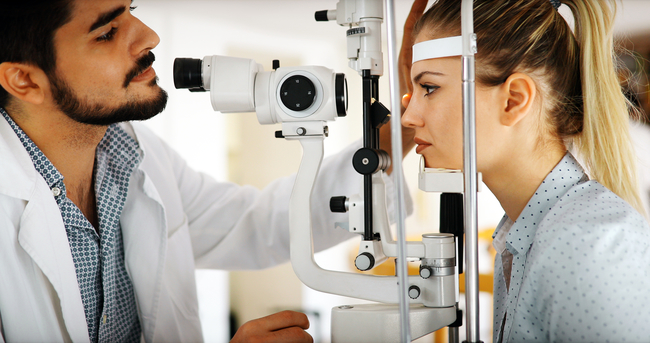Do you realize that 80% of your sensory perceptions occur through vision? In other words, your vision is key to experiencing the world. Estimates place the number of blind people across the globe at 36 million, with an additional 220 million suffering from a vision problem that affects their ability to see clearly. Even so, these are figures that have dropped by nearly 5% in the last decade, and all indications are that technology will help to curb this figure even more in the coming years. What follows are some interesting facts about innovations that are becoming the hope for the future in combating blindness.
• First, optometrists and other resources have worked tirelessly to get the message out to the public about proper eyecare. Everything from avoiding touching your eyes with dirty fingers to wearing safety glasses in a variety of settings has increased awareness of eye damage avoidance while conversely improving the statistics for avoidable blindness. Education and the practice of eye safety are the most positive proactive ways to prevent blindness.
• Several companies here in the United States and also internationally are in the midst of developing implantable visual prosthetics that are intended to restore vision to patients who are suffering from several eye diseases. This device has been labeled a ‘bionic eye’ (or retinal implant) and it is showing great promise with people who have been unable to see for years. Certainly it has not brought full eyesight restoration to people who are unable to see. Instead, those who have had an opportunity to undergo the operation claim they have restored eyesight to different extents – from colors to shapes and more.
• Another interesting intervention that is showing promise as well is the ‘brain implant & artificial retina’. Currently, an entire bionic eye transplant is often cost-prohibitive, even for those who have superior insurance. As a result, research companies are experimenting with creating a modification that will circumvent eye surgery altogether and deliver electrical impulses to the part of the brain that is responsible for visual processing.
There are many other interesting and exciting innovations on the horizon that are aiming to return vision to the sightless. Remember, there are many causes of blindness, and the medical responses needed are often sophisticated and complicated. Even so, we applaud those who are working in the field to bring vision back to the world.
If you are struggling with your eyesight, make an appointment with the experts at Island Eyecare. We are here to ensure your vision is the best it can be!


